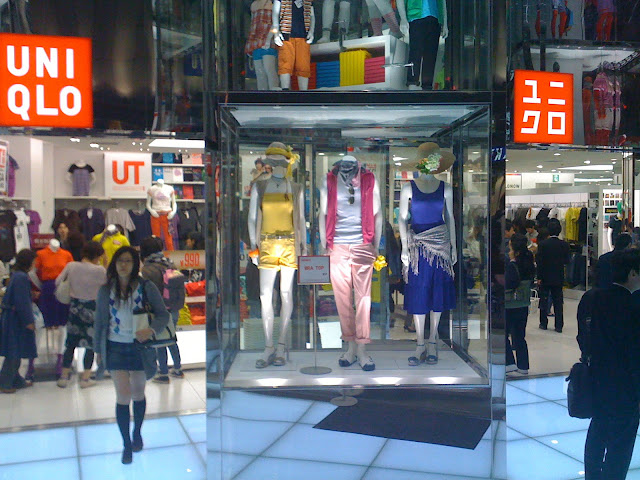Taobao’s growing popularity has captured the imagination of students like Ge, but also giants like Dell, Uniqlo(ユニクロ), Procter and Gamble, and Chinese firms seeking to step from the shadows after years of manufacturing for US and European labels.
The e-commerce site, whose name means “treasure hunt” in Chinese, is a source for everything from turkeys to televisions, with 80.9 billion yuan (11.8 billion dollars) in 2009 first-half sales.
Taobao.com, China’s largest online auction and retail Web site
That is double the same period last year and higher than Amazon.com’s over the same period.
Taobao charges nothing to list items for sale and the site’s revenue comes from advertising.
It does not release turnover figures, but Goldman Sachs estimates revenue will likely hit 200 million dollars this year.
Taobao — a division of Hong Kong-listed Alibaba.com (Alibaba Group is 40 percent owned by U.S. search titan Yahoo Inc), a business-to-business e-commerce company — launched in 2003 when eBay controlled 90 percent of the Chinese online shopping market after buying Shanghai-based EachNet.
Taobao forced eBay out of China with free listings
But within two years, Taobao pushed eBay’s market share down to 30 percent and forced the US-based auction site to stop charging for listings in China. In 2 006, eBay’s Chinese site shut down. Taobao now controls 82.8 percent of China’s online shopping market, according to iResearch, a Chinese consultancy. E-commerce accounted for only 1.9 percent of all product sales in China, the firm said, but is growing fast.
Official data this week showed online sales in China nearly doubled in the first nine months of this year to 168.9 billion yuan as consumers become more confident about Internet shopping.
China has at least 338 million Internet users, the most in the world.
Taobao president Jonathan Lu said convenience and a greater price consciousness amid the economic crisis had boosted consumer acceptance of Taobao.
This year, for the first time, household goods became Taobao’s top selling category, Lu said.
“What is most interesting is the level of mainstream acceptance of using online retail channels to shop for everyday items, a trend both prominent global brands and small businesses have recognized,” Lu said.
Unlike in the U.S., where established companies like Barnes & Noble Inc. and Apple Inc. moved early to woo online customers, retailers and consumer brands in China largely ignored the Internet.
Procter and Gamble started selling Rejoice shampoo, Olay skin cream and Gillette shaving products on Taobao earlier this year at discounts of 20-30 percent to attract customers and build market share.
UNIQLO (ユニクロ)
Companies like Qilong Trading Company, a previously anonymous company that in the past only manufactured for international brands, are also using the site to develop their own labels, Taobao said in its latest trading update.
Li Ning is China's top domestic sportswear brand
Alipay to become world’s No 1 e-payment firm
Taobao has addressed those issues through AliPay (Chinese: 支付宝), an online payment service like PayPal but with one big difference: AliPay holds payments in escrow until after the buyer has received the item and confirmed they are satisfied with it. AliPay has become the dominant online payment system in China, with 200 million registered users and an average of one billion yuan ($146.4 million) in transactions a day. It has partnerships with dozens of Chinese banks that let customers electronically transfer funds to their AliPay accounts. They see the site as a way to develop an identity and tap into rising Chinese consumer spending power, Taobao said. China’s No. 1 online payment firm Alipay is expected to top eBay Inc’s unit, PayPal, by transaction value in two years, to become the world’s leading e-payment service, according to Alipay’s president, Polo Shao.
Ge and thousands of small Taobao vendors are riding that same wave.
“It is difficult to say how much I can earn because I just started and haven’t got a stable business model yet,” Ge said, “but I am determined to succeed.”





没有评论:
发表评论